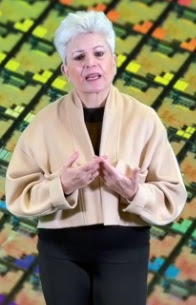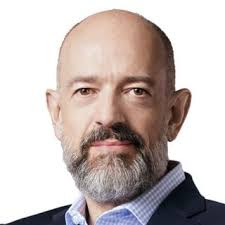Shaping digital transformation in future
Pradeep Chakraborty reports on this week’s Technology Unites Global Summit, organized by SEMI
Ms. Maria Marced, President, TSMC Europe, presented on Shaping the Digital Transformation, at the ongoing Technology Unites global summit, organized by SEMI. 2020 was a difficult and challenging year. We have learnt new ways to live and work, and also learn.
There has been big momentum in 5G and IoT. 5G and HPC are now driving digital transformation. Innovation is also driving growth in the automotive industry. ADAS level 3, 4, and 5 connectivity and electrification is expected by 2030.

The 2020 global semiconductor market growth was asynchronous to the world real GDP growth. This growth was raised from 6 percent to 10 percent by late Dec. 2020. There is now a surge in demand for digital transformation.
TSMC has 6- and 8-inch, and 12-inch giga fabs. It also has advanced packaging. It will install a 12-inch fab in Phoenix, Arizona, USA, in 2021. We are also going to raise the capex. TSMC has capacity leadership. It has also invested in green manufacturing. TSMC has also been trying to achieve manufacturing excellence.
TSMC also has technology leadership.
Today, TSMC’s innovations in technology are driving digital transformation. It has achieved N5 in production, N3 in development, and N2 in path finding.
Digital future
Next, Simon Segars, CEO, ARM Holding Plc, presented on Rebuilding Better for the Digital Future. We have learnt a lot from 2020. We have shifted to doing so many things online. The networks have survived the massive surge in activity. People talk about a new normal, and we need to think what it will be.

The private sector and governments have to engage in global climate projects. Air pollution was somewhat down in 2020. ARM has promised to be net zero carbon by 2030. We have taken the same ethos to processes and data centers. We need everyone involved in production of electronics and data centers to think about how we can further reduce energy. We need to think about how we can do all this in a more efficient manner.
Healthcare and telehealth have made some strides in 2020. We can already start using wearables and sensors. Home monitoring is however, not yet developed. We need to take all the information from the electronics and move to healthcare.
Education has undergone similar shift in 2020. Educationists have been challenged to change their approach. You also have to maintain the content on the screen. For children, it is also challenging. AR/VR has been around for some time. An example is the Tower of London. We need to improve the accessibilities. We also need to develop trust. Digital healthcare especially, needs trust.
Semiconductor sector has had a great 2020. We need not run the risk of missing out on big opportunities. Now is the time to engage. There is momentum in how people are now thinking about technology. We need to think through the hard challenges.











